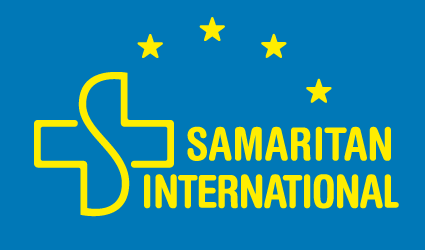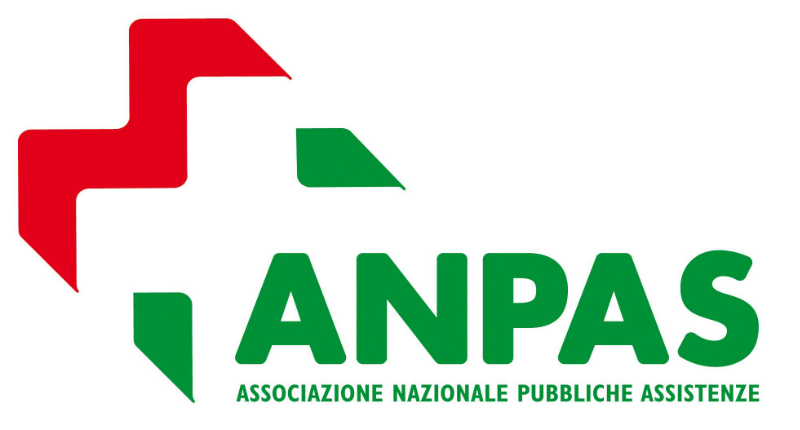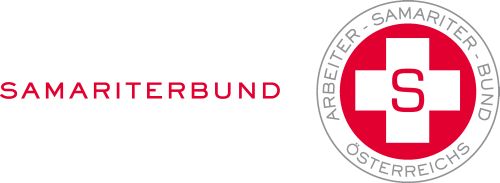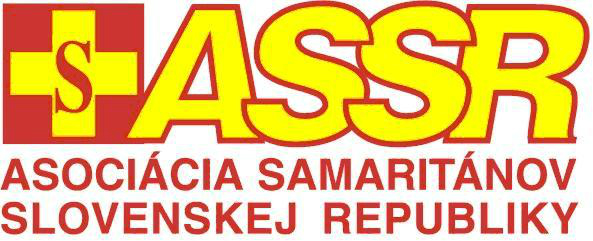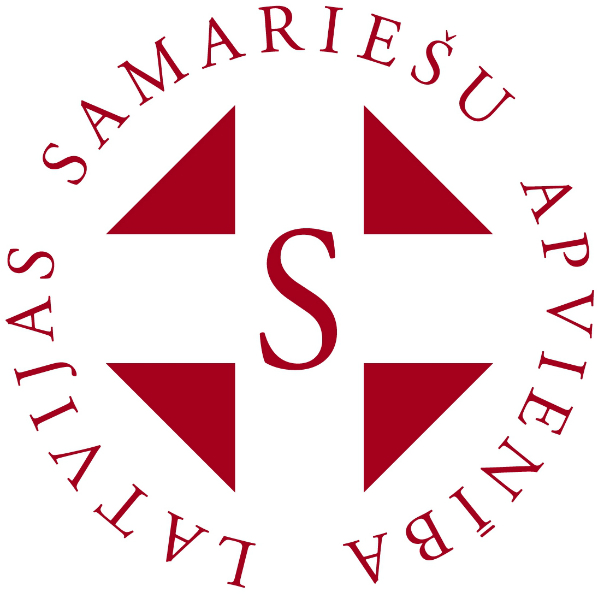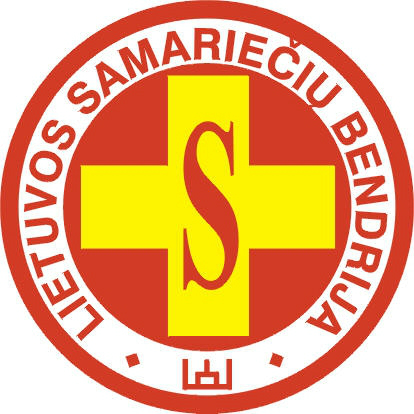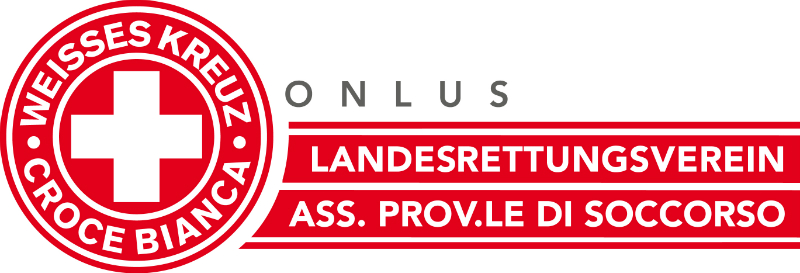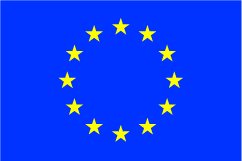About FACET
First Aid, Civic Engagement, Training (FACET) is an Erasmus+ strategic partnership in adult education. The project focuses on the improvement of first aid education in partner countries. In particular, the civic value of volunteers, as first aid trainers and as first aiders, will be considered.
This will be achieved through a series of international meetings on the exchange of best practices in first aid training and, particularly, matters of volunteer management and training connected to first aid. In the second phase of the project, these best practices will be used to write a practical recommendation for training of (volunteer) trainers. There will also be a training in the form of a study visit to a training of volunteers to verify the findings in practice. In a pilot action, a train-the-trainer course will be held with the worked-out recommendations in mind. The course will further help to make the results tangible for the participating practitioners and will also support the partner countries most in need of improving their volunteer based first aid education opportunities.
The partners participating in these exchanges come from a spectrum of backgrounds with regard to the status of civil society organisations and first aid education offered by CSOs in their countries. Most partners are established providers of qualified and certified first aid in their countries. A first group of partners have enjoyed this status for many decades, a second group, particularly from Eastern Europe, have only established their position as a first aid provider within the last 25 years, as civil society and volunteering activities weren’t possible before.
Thirdly, we have a partner organisation from Macedonia. While active in volunteering for many years, they are still at the beginning of sustainably offering first aid training as part of their volunteer structures. In addition, certification systems for qualified first aid education aren’t as clearly defined and/or enforced in this region of the EU’s neighbourhood, thereby posing an obstacle for purely national establishment of volunteer-CSO-based first aid education.
As a result of this exchange of organisations with diverse national civic histories, we expect all participating partners to gain new insights into volunteer management and training in the area of first aid in general, enabling them to make their methods and practices more universal than just geared toward their national target group. We consider this a strong added value in an ever more united Europe and as a contribution to work mobility for first aid professionals. We also expect our third group of partners to benefit in particular, as the project will enable them to establish or significantly improve first aid education offered by their volunteers.
The newly established course in Macedonia, as well as the improvements expected in the countries were volunteer-based first aid education is already widely available, will advance the opportunities of quality first aid education for the general populace in the partner countries.





